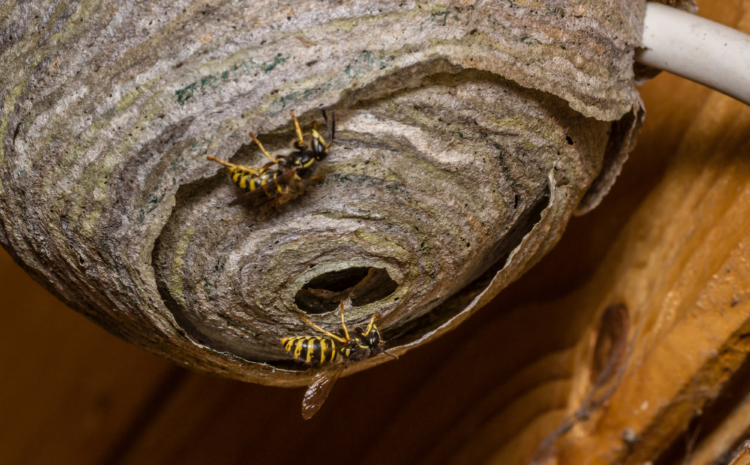
The Buzz About Wasps: Understanding the Pest and How to Control Them
In the realm of summertime nuisances, few things rival the aggravation caused by wasps. These flying insects, notorious for their painful stings and persistent presence, can turn a pleasant outdoor experience into a nightmare. Whether you’re enjoying a picnic in the park or trying to relax in your backyard, the unwelcome appearance of wasps can quickly put a damper on your plans. In this blog post, we’ll delve into the world of wasps, explore why they’re such a common pest, and discuss effective methods for controlling them. Plus, we’ll provide helpful tips and insights for keeping your outdoor spaces wasp-free this season.
Before we dive into pest control strategies, let’s take a closer look at these buzzing insects and why they’re often considered a nuisance. Wasps belong to the order Hymenoptera and are closely related to bees and ants. While they play a role in ecosystems as pollinators and predators of other insects, their presence can be problematic for humans, especially in urban and suburban areas.
One of the primary reasons wasps are considered pests is their tendency to build nests in and around human structures. Common nesting sites include eaves, attics, shrubs, and even underground burrows. Unlike bees, which typically only sting when provoked, some species of wasps, such as yellow jackets and hornets, are more aggressive and may sting in defense of their nests. This can pose a significant risk, particularly for individuals who are allergic to insect stings.
Controlling Wasps:
Now that we understand why wasps can be a nuisance, let’s explore some effective strategies for controlling them. While it’s impossible to completely eradicate wasps from outdoor environments, there are steps you can take to minimize their presence and reduce the risk of stings.
- Identify and Seal Entry Points: Inspect your home and property for potential entry points where wasps can build nests. Seal cracks, gaps, and openings in walls, windows, and doors to prevent them from gaining access to indoor spaces.
- Remove Food Sources: Wasps are attracted to sweet and protein-rich foods, so be sure to cover trash cans tightly and clean up spills promptly. Avoid leaving food and beverages exposed outdoors, especially during picnics and barbecues.
- Trim Vegetation: Keep shrubs, trees, and other vegetation trimmed to minimize potential nesting sites. Pay particular attention to overgrown areas near your home where wasps may build nests.
- Use Traps: Commercial wasp traps can be effective in capturing and controlling wasp populations. Place traps away from outdoor seating areas to lure wasps away from human activity.
- Seek Professional Help: If you have a severe infestation or are unsure how to deal with wasps safely, consider hiring a professional pest control service. Experienced technicians can assess the situation and implement targeted solutions to address the problem effectively.
When dealing with a stubborn wasp infestation, sometimes it’s best to leave the job to the experts. Accurate Pest Control services have the knowledge, experience, and resources to handle even the most challenging pest problems safely and effectively. By partnering with us, you can enjoy peace of mind knowing that your home and outdoor spaces are protected from unwanted pests.
While wasps can be a persistent nuisance, especially during the warmer months, proactive prevention and targeted control measures can help minimize their impact on your outdoor activities. By understanding their behavior and implementing effective pest control strategies, you can enjoy a wasp-free environment and make the most of your time outdoors. Whether you choose to tackle the problem yourself or enlist the help of a professional pest control service, taking action to control wasp populations is essential for ensuring a safe and enjoyable outdoor experience for you and your family.
